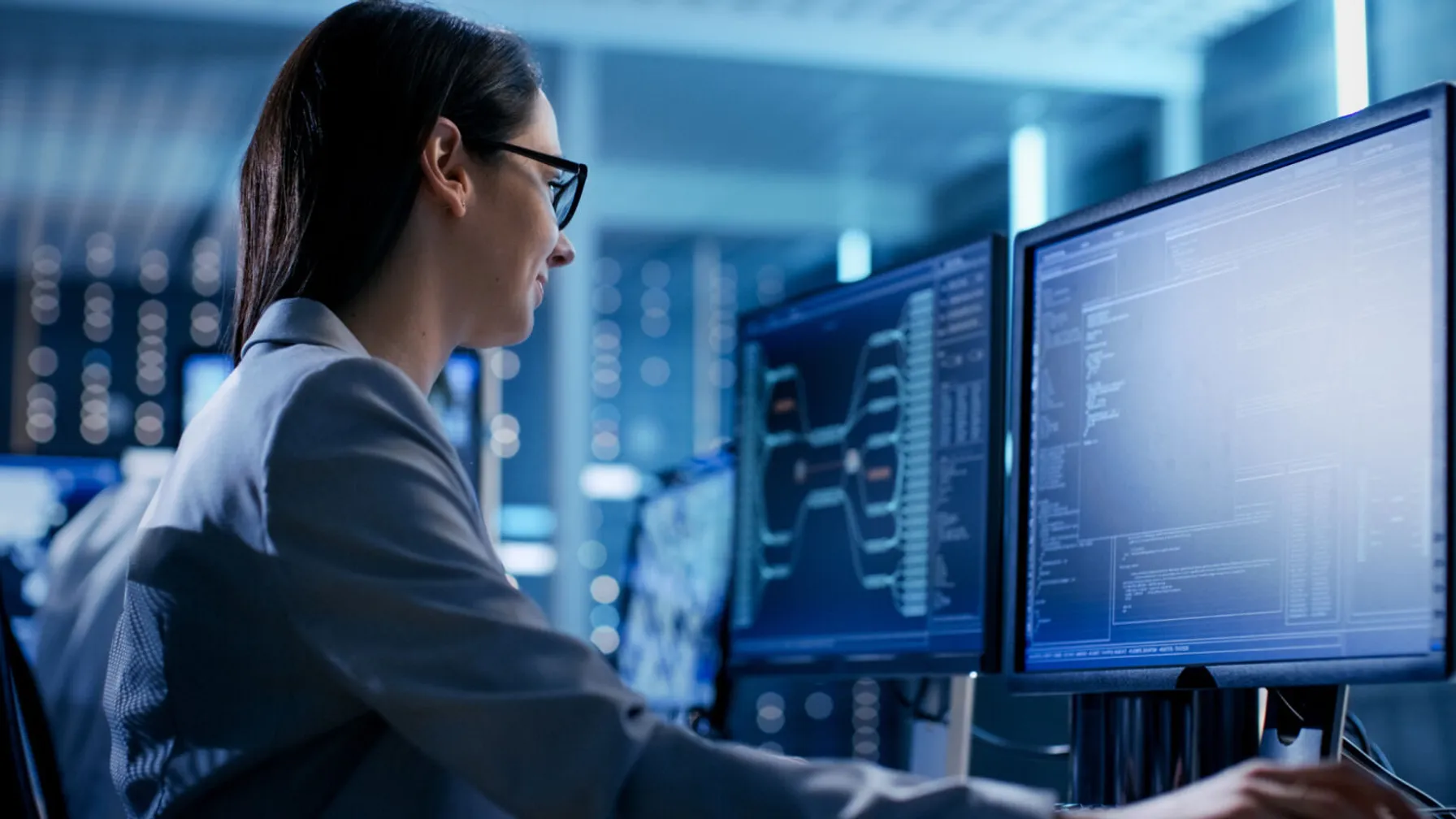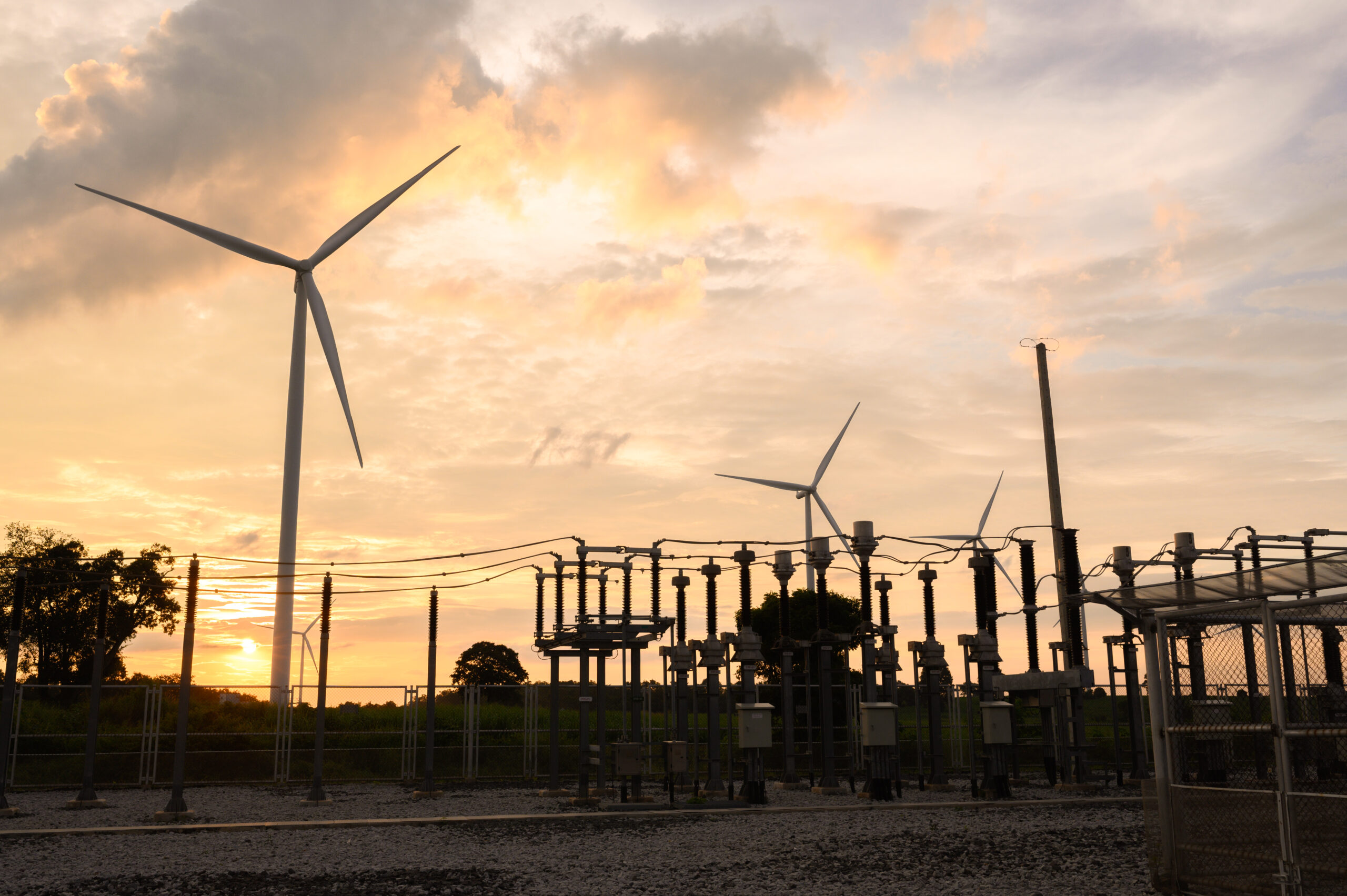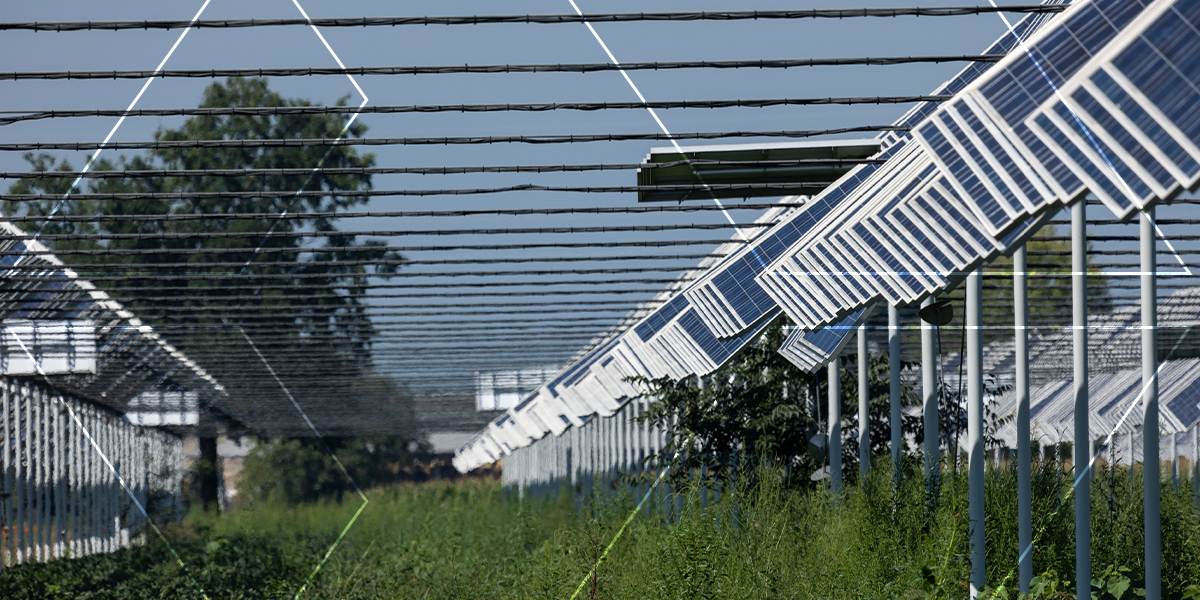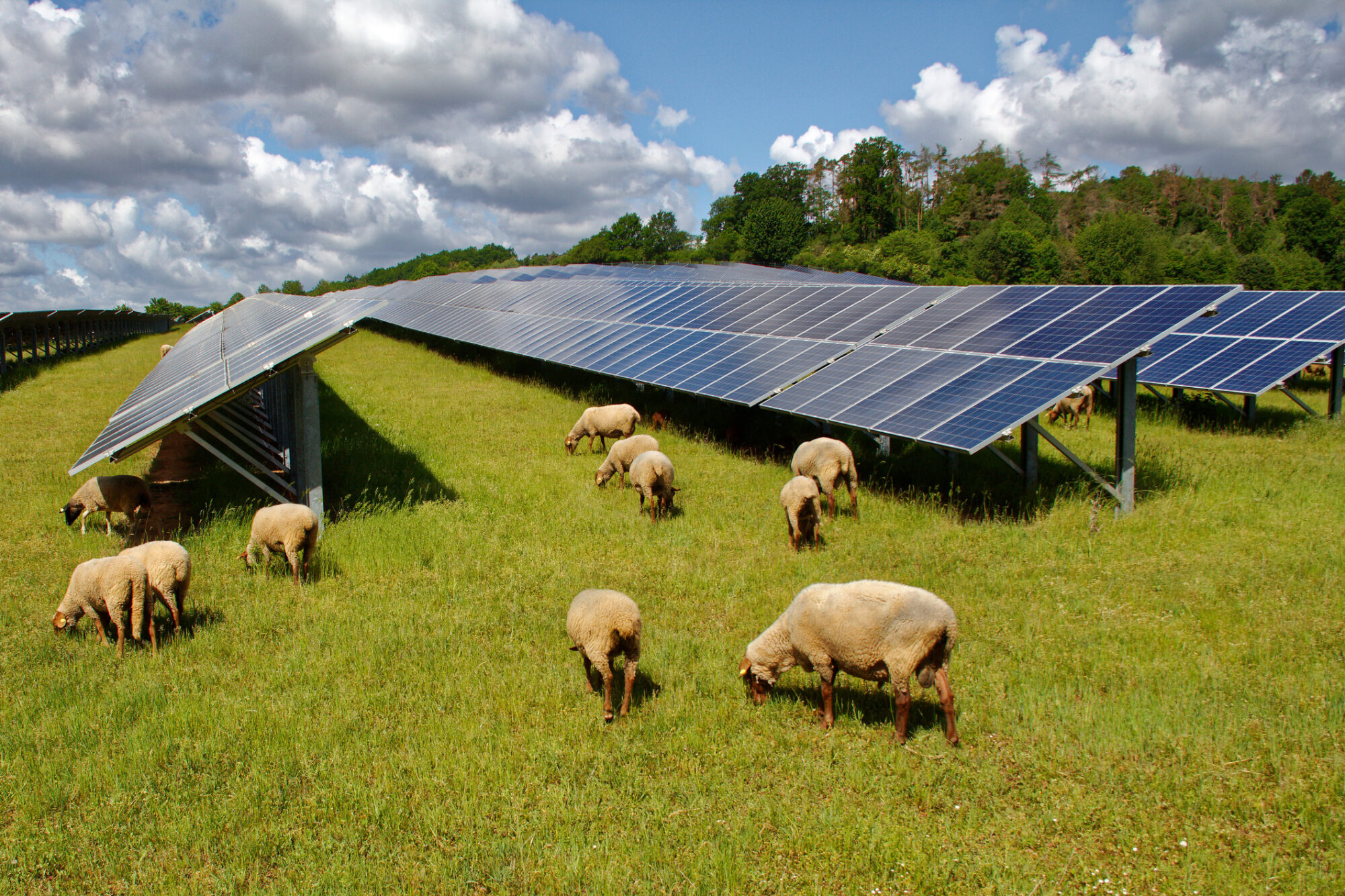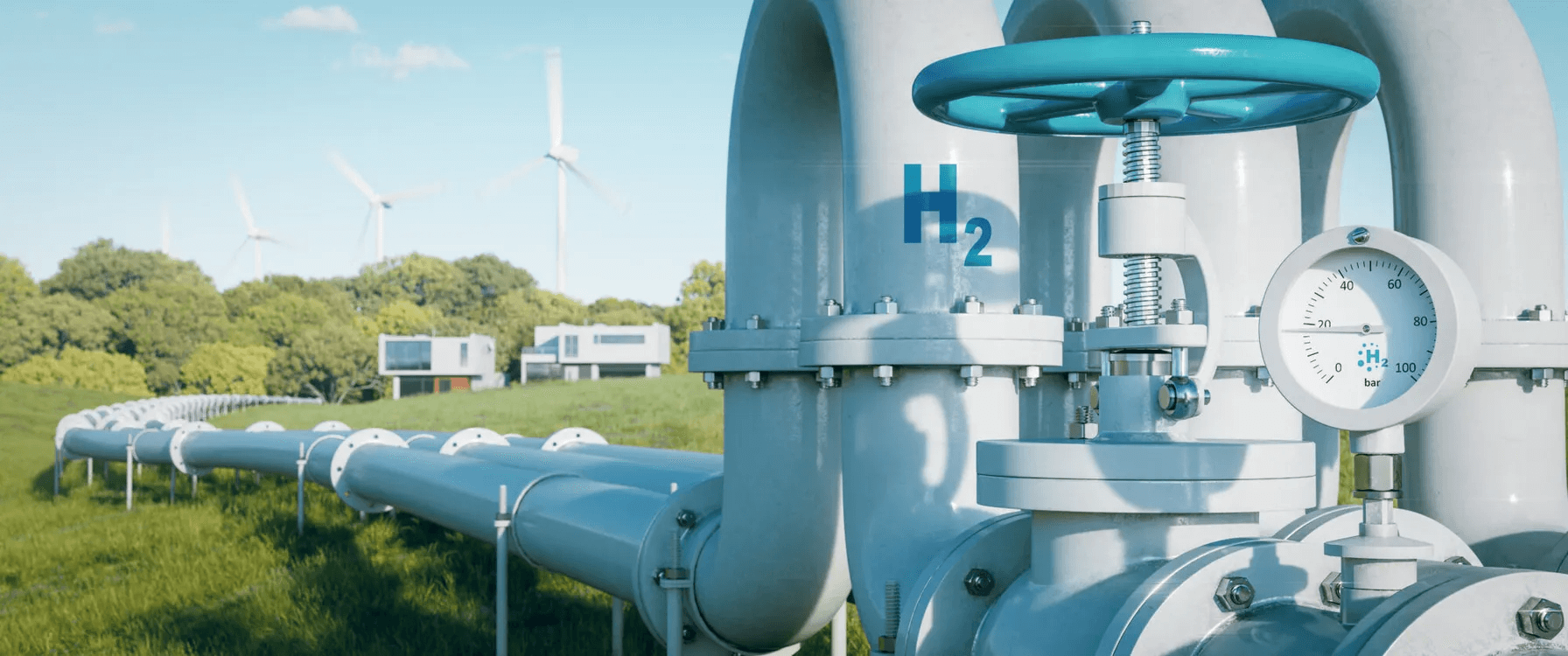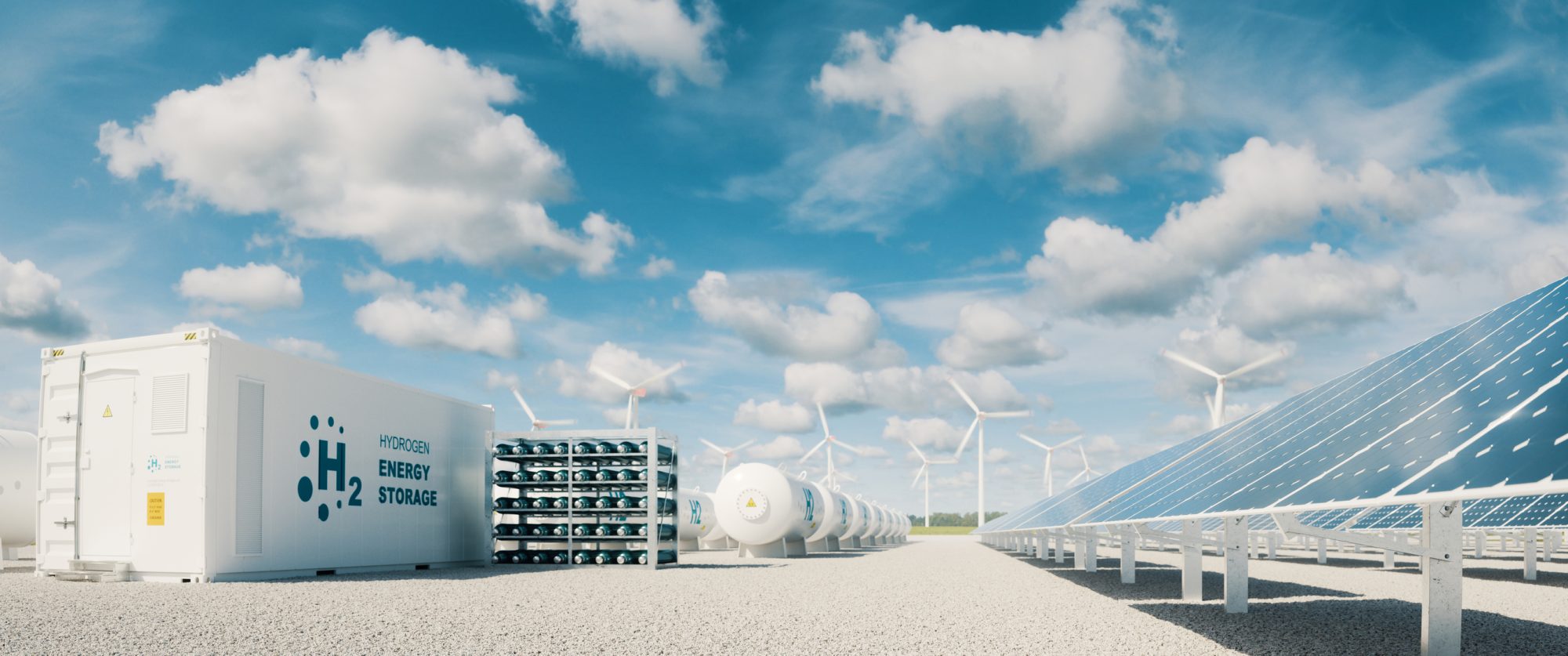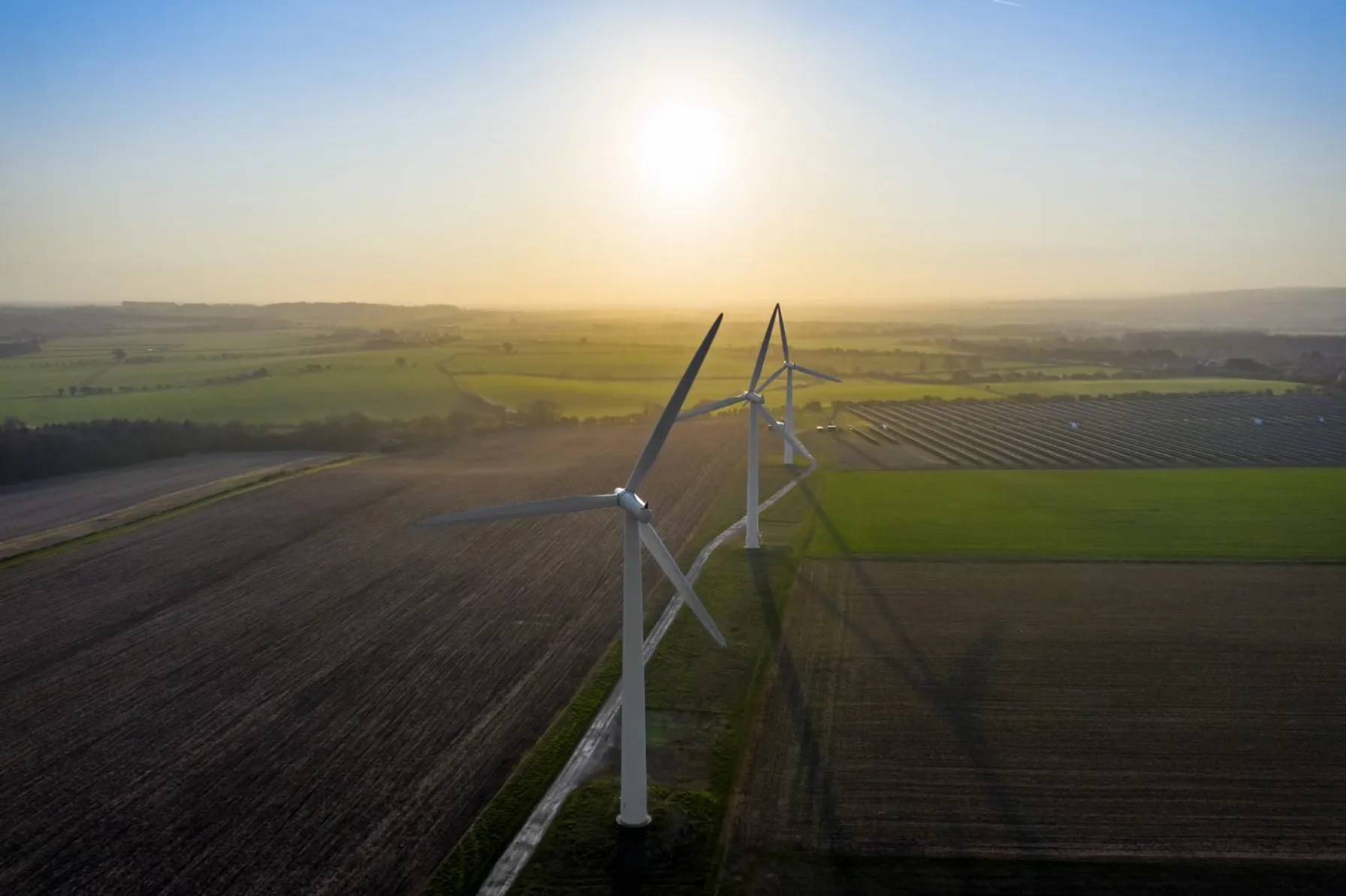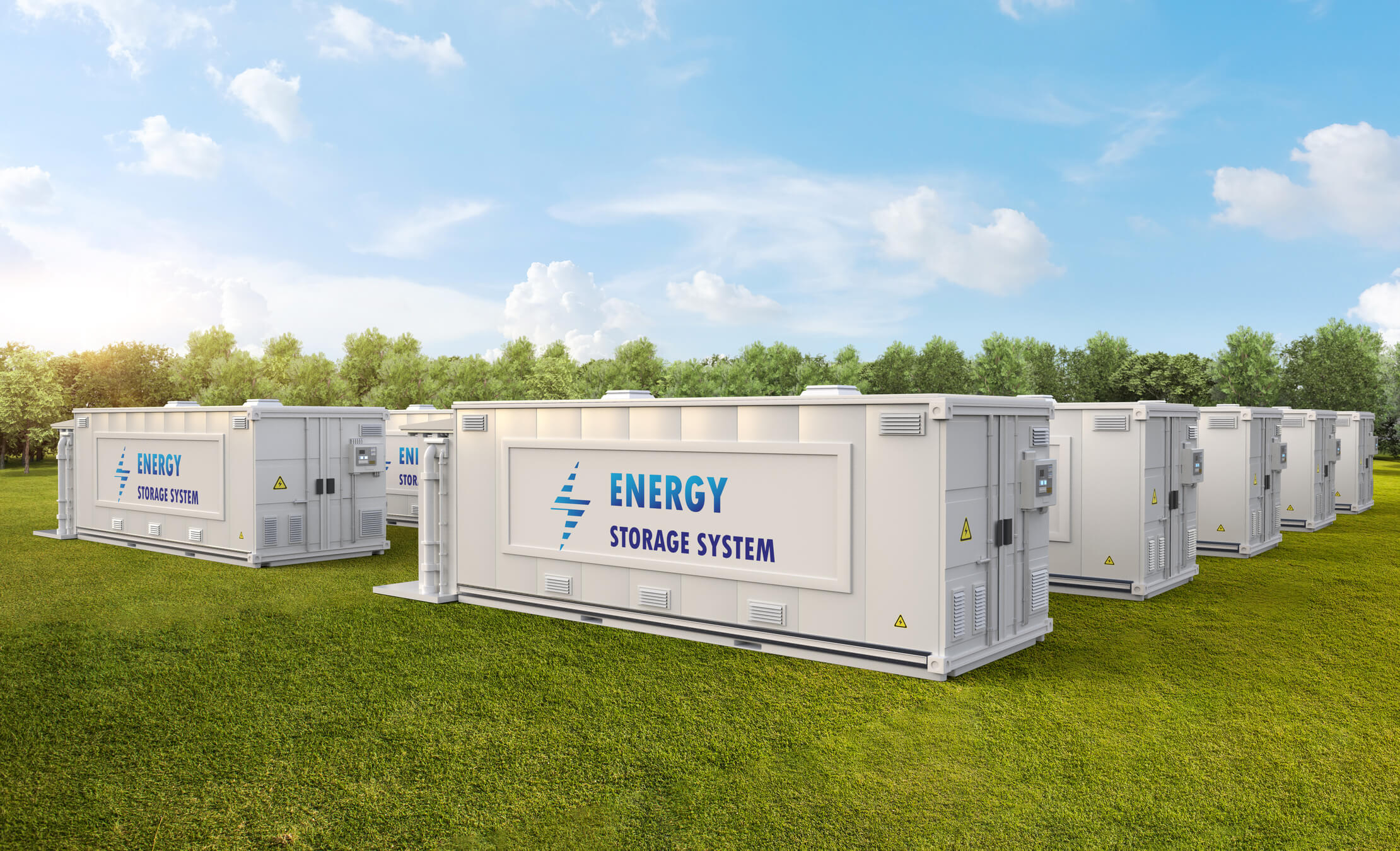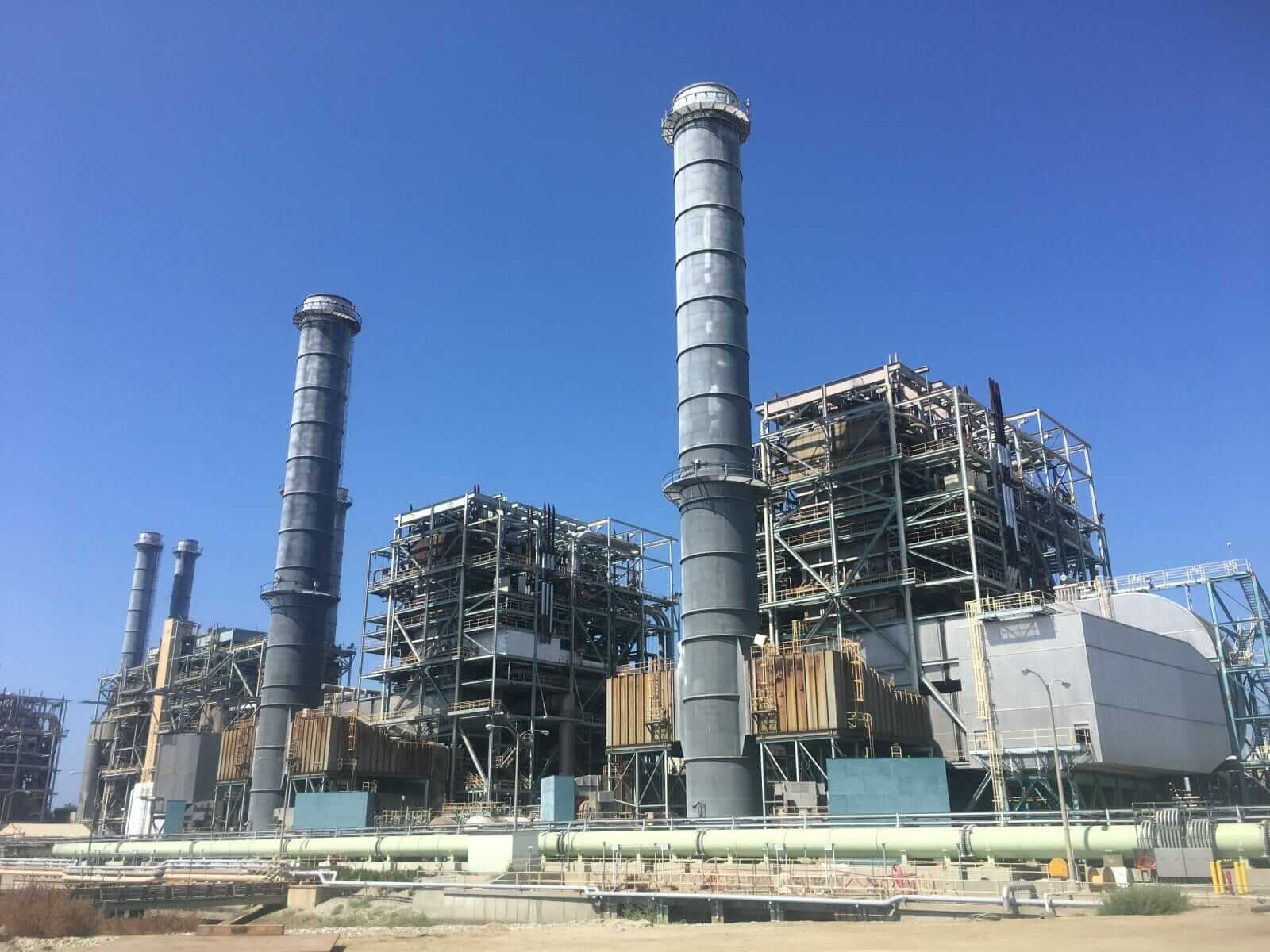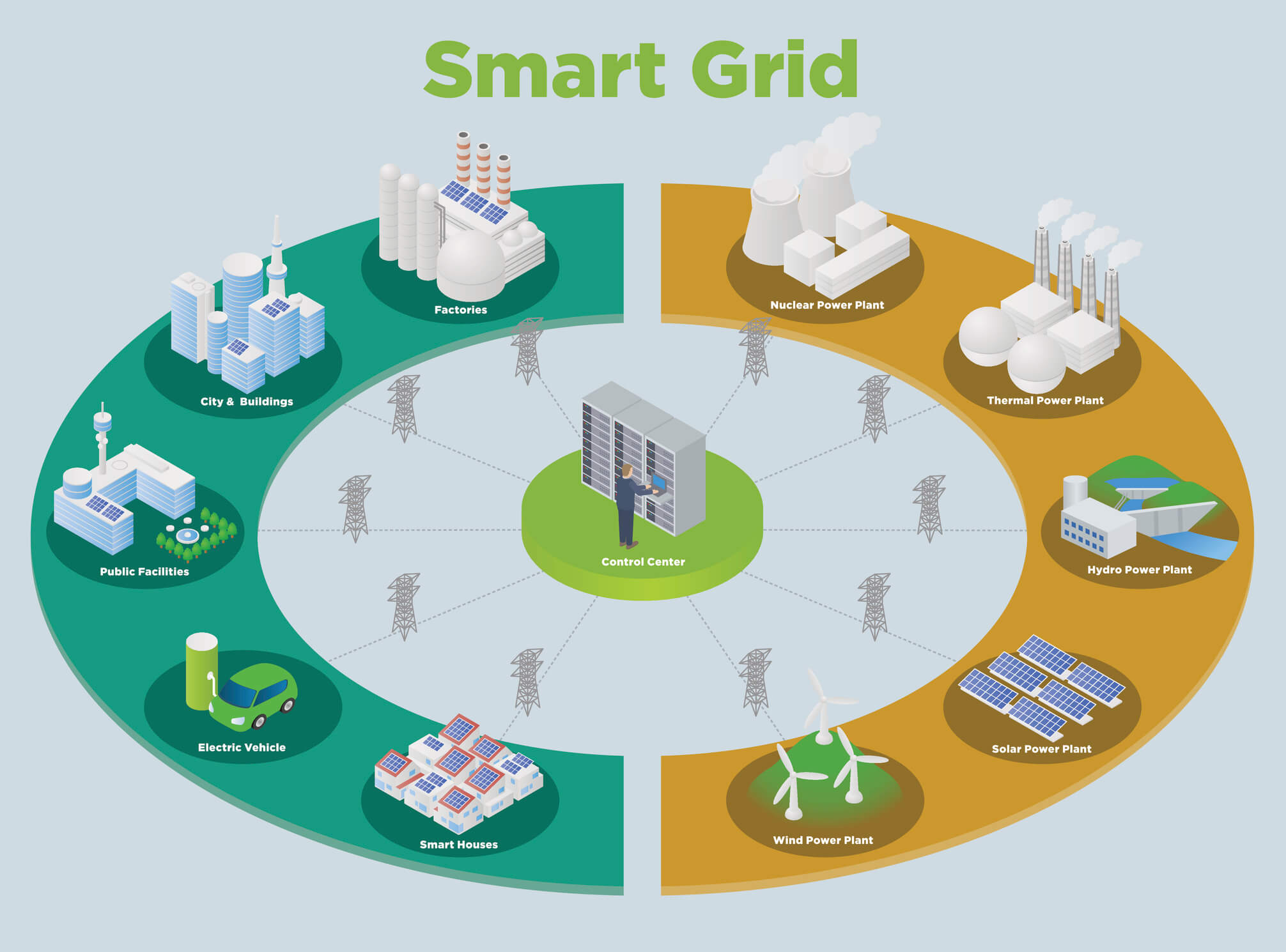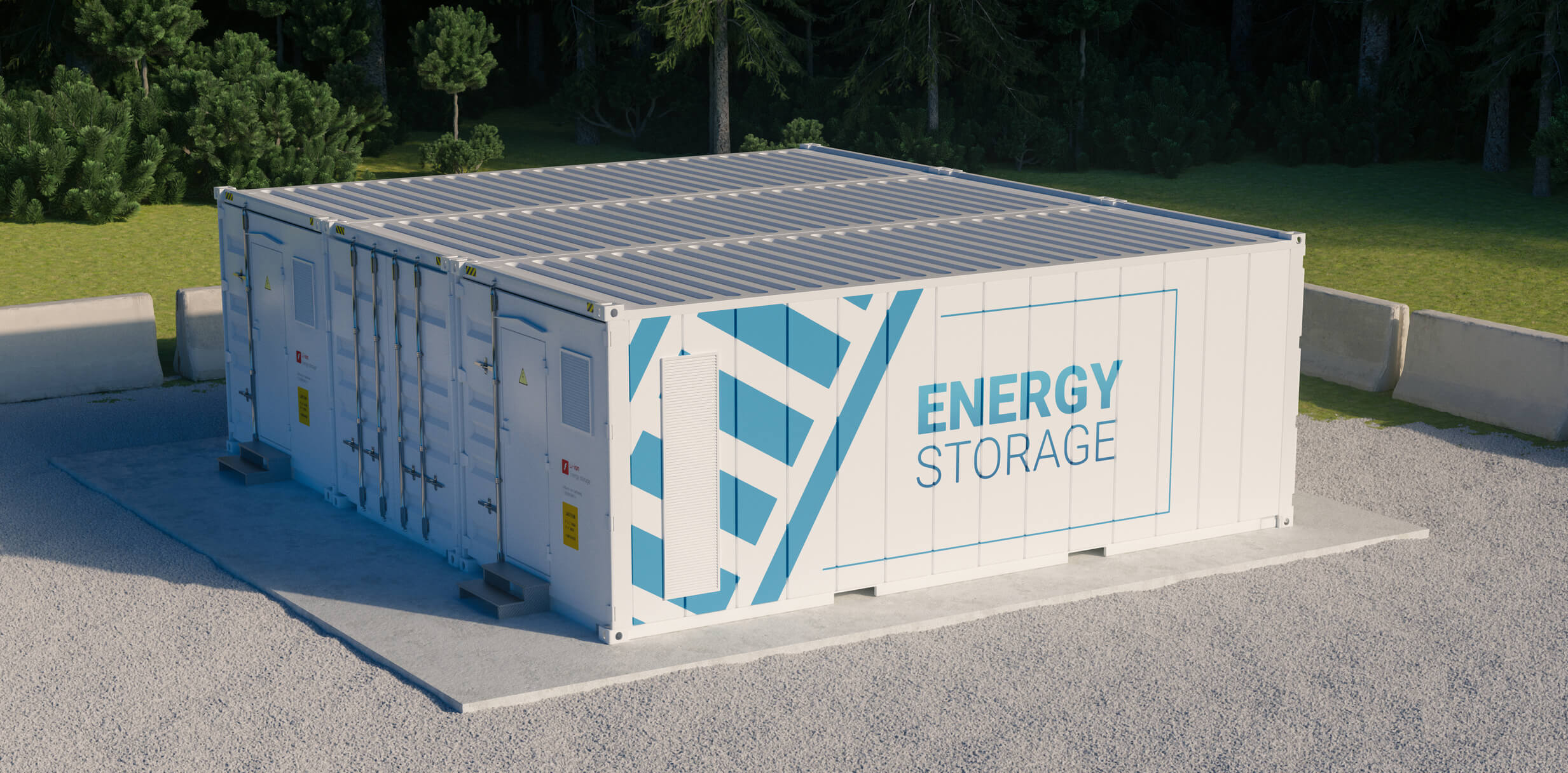As technical experts, we can provide remote staff augmentation support to utilities in response to either the loss of key staff due to retirements, a lack of expertise in house to support ongoing work, or a need for training permanent utility employees. Recruiting from a remote talent pool can be helpful in these situations because it provides a wider set of potential hires with the skills needed to execute the work. As a global company with reach in all 50 states and Canada, TRC can hire people anywhere support the systems studies programs our clients rely on.
Author: David Sanchez, Jherome Dias, and Deepika Mothkuri | February 9, 2024
How TRC is Adapting to Deliver Unique Resolutions for the Energy Transition
The demands of the energy transition are changing the way we generate, interconnect and deliver power, giving rise to a booming need for a range of complex power system impact studies, analyses and reports. Adding to the pressure, workers in the power industry are retiring at high rates, making external support vital to maintaining operations. With both the transmission and distribution systems being impacted by growing interconnection requests, getting ahead of the game with a partner like TRC is key to being successful.

A Rising Demand
From utility workforce shrinkage to the evolving complexities of a transitioning energy grid, there is no doubt that today’s power providers are challenged like never before. As integrating renewable energy resources becomes a growing priority for utilities, regulators and consumers alike, are assessing the capability of the power system to handle the influx is of critical importance. The need to produce power system models that accurately reflect grid conditions is at an all-time high. Interconnection studies and hosting capacity analyses cannot commence without a conclusive system model and can delay new renewable capacity from coming online the longer they remain unavailable.
Transmission and Distribution Impacts
The shift away from traditional generation to renewables like wind, solar and battery energy storage to limit carbon emissions has created a high demand for transmission injection analyses, interconnection application assistance and Transient Recovery Voltage (TRV) and Temporary Overvoltage (TOV) dynamic systems stability studies.
On the distribution side, requests for DER (Distributed Energy Resource) interconnection studies are also rising. Utilities must find solutions to create additional capacity and storage, and more and more independent developers are focusing on interconnection at this level of the grid. Utilities are required to confirm interconnection requests and having the appropriate models and studies in place can limit potentially expensive system upgrades and help make proactive investments for future planned system development.
Additionally, studying the distribution system for interconnection is significantly more complex because system configurations can change weekly, either to accommodate load, repairs and upgrades, or as a reaction to reclosers opening for faults. Traditionally, distribution is arranged in a radial feed having only one power source. With more DER sources of generation connecting into these systems, there now exists more power sources in parallel on the grid feeding into distribution systems that were not designed for this multi-feed scenario.
This generation saturation also means upgrades are becoming increasingly necessary and utilities are often having to replace critical substation equipment. Today, substations need to be sized to not only handle the load, but also control the additional generation from these renewable sources. To be successful, numerous detailed studies are required to determine if and how renewables can connect to distribution. These include interconnection studies, hosting capacity analyses and system impact studies to name a few.
Preparing the Workforce is Essential: TRC is Leading the Way as Your Power Systems Study Partner
While it is a critical time for power systems studies, meeting the rapidly growing demand and complexity of this discipline is difficult in today’s utility workforce environment. As seasoned experts retire and a younger generation less frequently chooses power engineering careers, utility resources to handle the interconnection and related studies in house are under pressure, where they still exist at all. Partnering with industry leading engineers and consultants like TRC can help streamline processes, ensure accuracy and enable DER projects to come online efficiently.
TRC has performed more than 600 transmission and distribution planning studies across the United States to analyze the system interconnection impact of wind, solar, storage, combined-cycle gas, biomass fueled and hydro-electric generators. Our work includes rigorous assessment designed to ensure that new generation added to a region’s transmission and distribution systems will not have an adverse impact on system reliability and operating characteristics. Our attention to detail and high-level thinking brings us beyond just an engineer to serve as a true partner and advisor to our clients. In addition to our industry leading technical skills, we are dedicated to building and refining our team through several key initiatives, all with a focus on supporting our clients to achieve their operational goals.
Upcycling and cross-training are key to maintaining a prepared workforce. TRC looks for opportunities to pair senior engineers with more junior engineers on our studies projects. This ensures that projects remain more flexible considering varying budget and delivery timeline constraints, while also providing opportunities for younger engineers to gain valuable on-the-job training. Recruiting is also vital – we recruit proactively by searching for candidates with matching experience that would be an excellent fit for our current established team.
As the grid continues to rapidly modernize, there is a growing need for people with software engineering capabilities. Opportunities abound for engineers who can code in languages like Python and C. We work with utilities who need support to develop their own internal grid management software. This requires support from engineers like ours at TRC with a background in software engineering who intimately understand the technical side of grid operations and can translate that knowledge into code. For these more innovative and emerging applications, engineers with coding experience are essential to the future of power systems studies. TRC is well versed in all state-of-the-art software and modeling techniques to address steady state as well as transient and dynamic system simulations including PSS/E, PSLF, MUST, ASPEN, SKM, ETAP, MilSoft, PSCAD, CYME, Synergi, and others.
To ensure our team stays up to date with both vital technical solutions and regulatory issues, we encourage information sharing among interest groups. For example, we have created a specialized group dedicated specifically to those who have experience with or have demonstrated interest in PSSE and PSCAD software. Group members meet weekly to discuss project statuses and get additional support from coworkers as needed to solve problems and deliver the best solutions to our clients. We have also begun developing process and procedure documentation for the different regional ISOs for the purpose of streamlining our internal study practices, so that no matter where teams are assigned to work, they understand and are aware operational processes and procedures requirements without ambiguity.

Next Steps
The power industry is rapidly evolving as renewable energy generation and distributed energy resources revolutionize our energy systems. Meeting the rising need for these studies requires expert resources you can rely on to work seamlessly with all stakeholders. With an experienced professional staff, TRC helps clients make smarter decisions about their power systems. Our planning analyses and impact studies help you address complex issues related to electric delivery systems and the technical requirements of distribution providers, transmission owners, independent system operators and regional reliability councils. Learn about our services below or contact us today.
Adapt to
Change
Partner With TRC’s Tested Practitioners
Sharing Our Perspectives
Our practitioners share their insights and perspectives on the trends and challenges shaping the market.
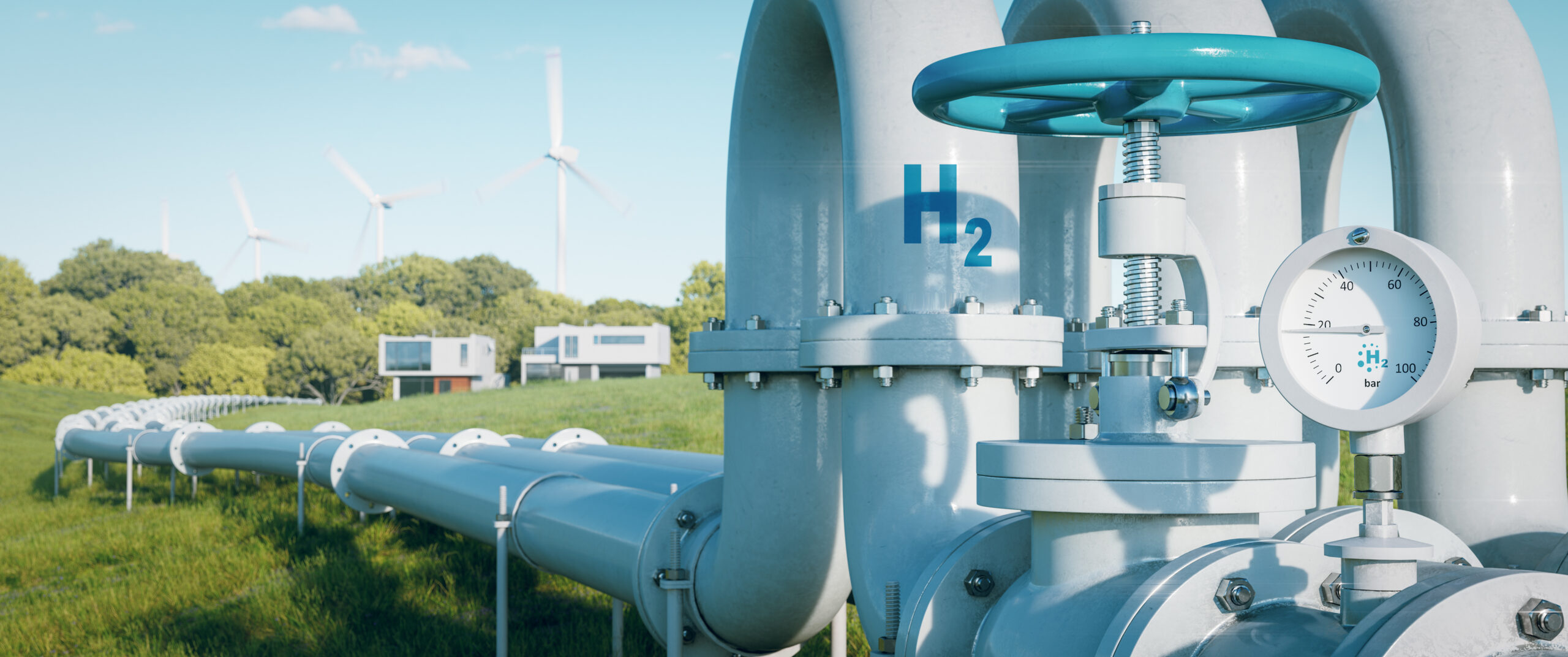
What Hydrogen Production Technologies Qualify for the 45V Tax Credit?
February 26, 2025
The 45V Tax Credit, formally known as the “Credit for Production of Clean Hydrogen and Energy Credit,” became effective on January 10, 2025 when it was published in the Federal Register. The 45V Tax Credit is one of the 21 tax credits that were created or amended by the Inflation Reduction Act (IRA). Finalization of this tax credit is important news to hydrogen project developers and financiers.

NERC Approves IBR Related Standards Impacting Renewable Generation
October 31, 2024
The standards will soon be filed and pending final approval from FERC. NERC also voted to improve the definition of ride through to include the “ability to withstand voltage or frequency disturbances inside defined limits and to continue operating as specified.”

NERC Proposes Changes to Registration Criteria for Inverter Based Resources (IBRs)
April 19, 2024
NERC has submitted for FERC approval new compliance criteria for the registration of IBRs as part of continuing efforts to address reliability risks. It is critical for renewable energy developers, generation owners and transmission owners to understand the potential implications for interconnection studies and interconnection queues.

Hydrogen Hub Funding Provisions
March 26, 2024
TRC’s panel of practitioners discuss the Hydrogen Hub (H2Hub) funding provisions of the Bipartisan Infrastructure Bill (BIL).

FERC Order 901 Calls for Standards to Address IBR Reliability Gaps
November 27, 2023
Inverter Based Resources are playing central role when it comes to adding new electric generation capacity into the bulk power system.

NERC Releases Inverter Based Resources Webinar Series
October 19, 2023
As the power delivery system continues to rapidly evolve due to decarbonization policy initiatives, inverter-based resources (IBRs) are playing an ever-more significant role in generation additions to the bulk power system. NERC and other technical organizations have taken numerous actions to support the reliable integration of these resources.
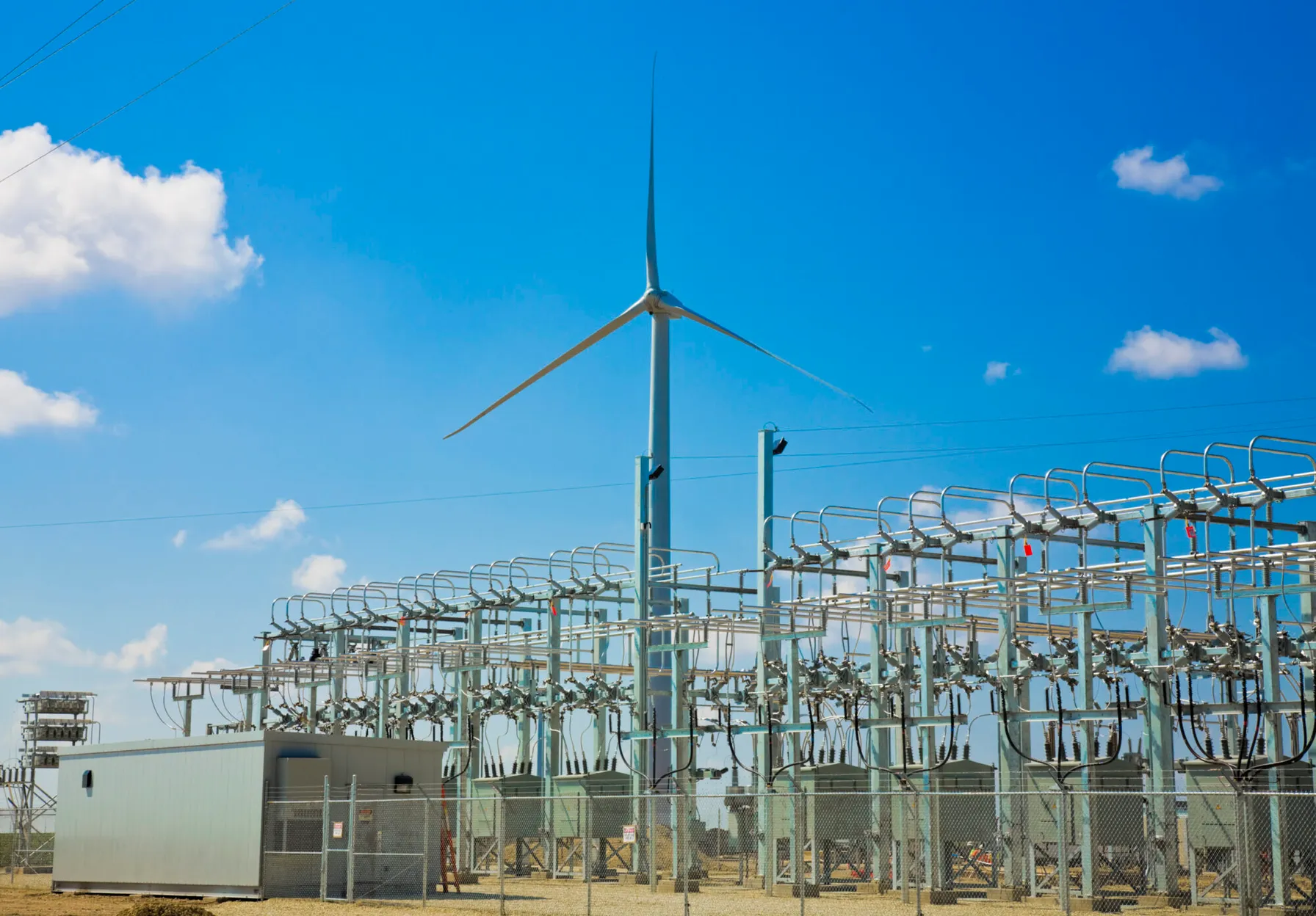
FERC Issues Order 2023 to Resolve Interconnection Process Issues
September 25, 2023
The Federal Energy Regulatory Commission has approved Order 2023 to facilitate and improve the speed and reliability of adding new energy resources to the power system

Offshore Wind: A Critical Energy Solution on the Path to Grid Resiliency and Decarbonization
August 29, 2023
As the urgency to decarbonize and build resiliency grows, renewable energy continues to be a pivotal solution for reshaping the future of power in the U.S. From solar to wind, hydro, geothermal and biomass, each renewable resource has its sweet spot for efficient development, deployment and optimal performance. And while they all have their own pros and cons, it is imperative that we leverage them all into the energy mix to achieve decarbonization goals and ensure adequate capacity to meet increasing load demands.
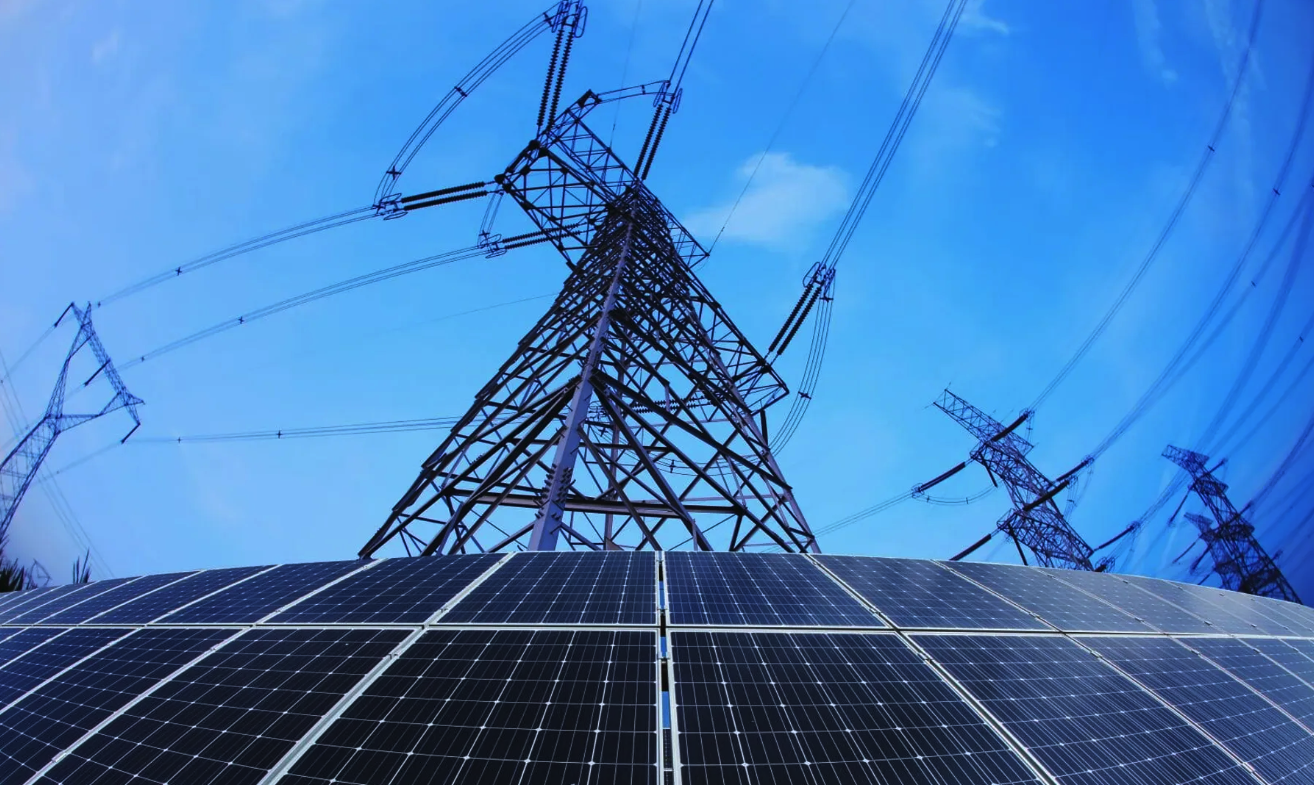
Intro to NERC Regulatory Guidance on Inverter-Based Resources
August 29, 2023
As renewable energy proliferates across the US power system, the North American Electric Reliability Corporation (NERC) continues to actively address reliability risks resulting from the implementation of inverter-based resources (solar and wind generation technology) connected at both transmission and Distributed Energy Resources (DER) levels.

FERC Approves Plan to Register Certain Inverter-Based Resources as part of NERC Mandatory Standards Compliance Program
June 21, 2023
FERC issued an order approving NERC’s compliance filings.

Insights from the Odessa II Power System Disturbance
February 22, 2023
NERC and TRE release the Odessa II Power System Disturbance Report

New FERC Orders Will Change Regulatory Process for Inverter Based Resources
January 9, 2023
The Federal Energy Regulatory Commission (FERC) recently proposed actions to keep the regulatory process and requirements ahead of reliability risks resulting from the accelerated deployment of Inverter Based Resources (IBR) based solar, wind and battery storage projects.
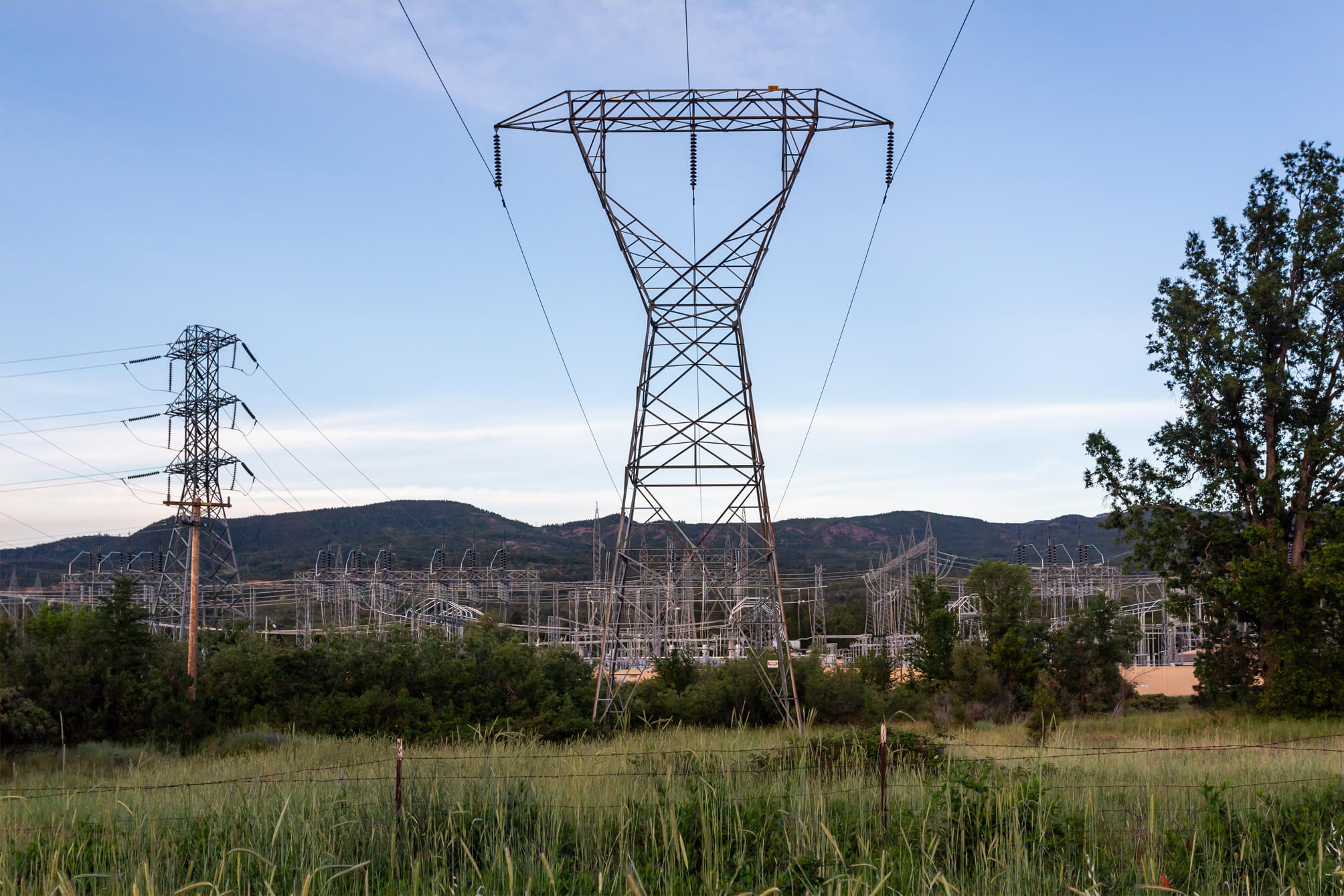
NERC Releases Inverter-Based Resource Strategy Plan
October 25, 2022
The North American Electric Reliability Corporation (NERC) recently released an Inverter-Based Resource (IBR) Strategy, which details the steps needed to successfully integrate IBR facilities into the planning and operation of the power system. The strategy was put in place due to the rapid interconnection of IBR systems, which are extensively used for solar and wind generating facilities, including new battery-based energy storage systems and are one of the most significant drivers of power grid transformation. Because of control system inconsistencies, IBR facilities pose well-documented risks to power system reliability when this strategy’s practices are not adhered to. NERC’s plan calls attention to the need for thoughtful integration of IBRs and identifies current and future work required to mitigate reliability risks resulting from the deployment of this technology.

New NERC Guidance Supports the Implementation of Grid Forming Inverters
March 8, 2022
NERC has issued a new report highlighting the key attributes of various inverter controls to support proper implementation and to protect reliability.

Decarbonization: A Systems-Level Challenge and Actions to Address Climate Change
December 7, 2021
Carbon elimination of the magnitude needed to address climate change requires systems-level change that can only be reached by incremental, ground-up progress, building upon what we have achieved thus far.
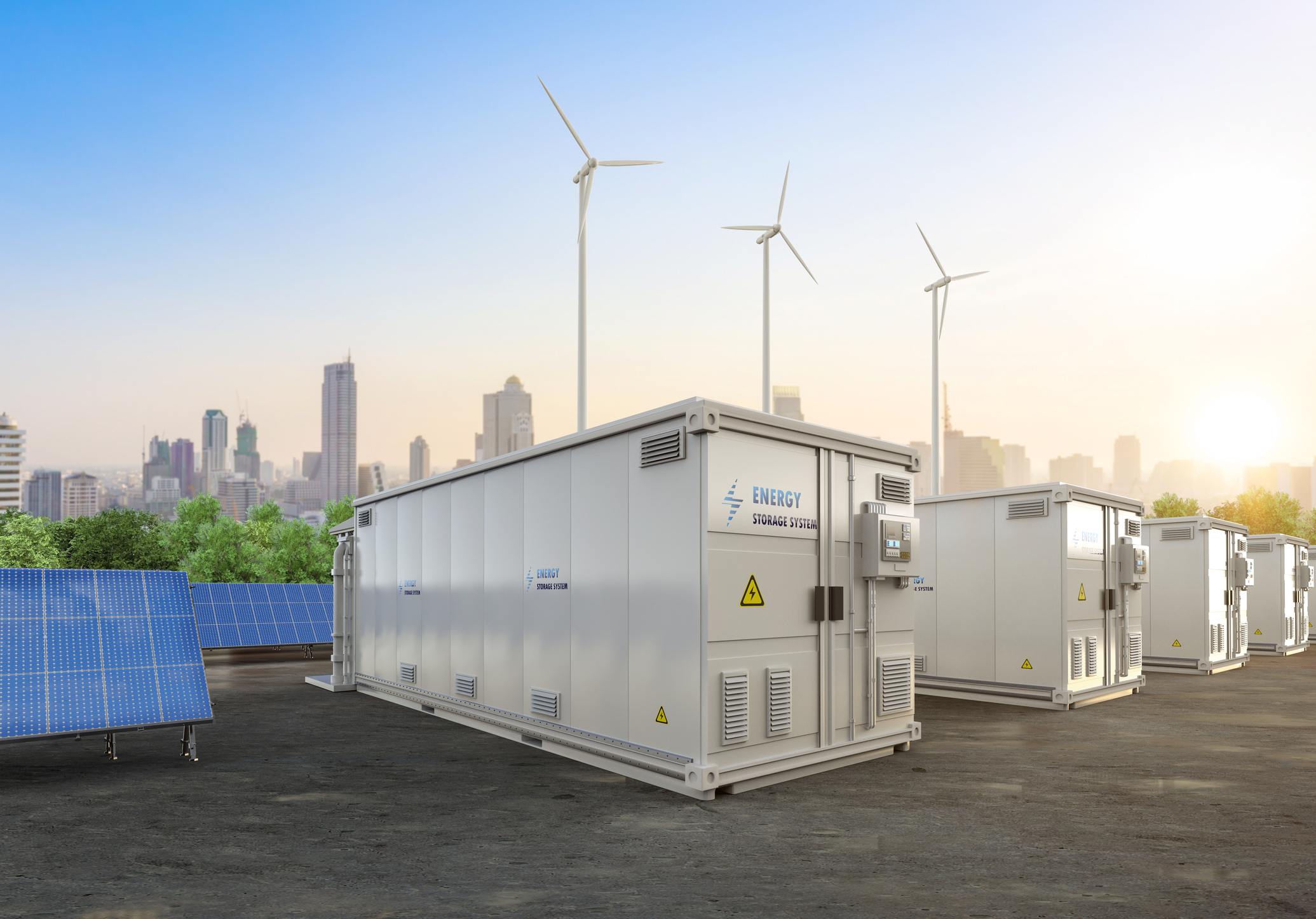
How Do Energy Storage Systems Work?
October 18, 2021
For more than five decades, TRC has brought efficient, resilient energy systems to the world. We understand the challenges of implementing energy storage projects.

NERC’s Generator Relay Loadability Standard is Now in Effect
August 30, 2021
Many companies want to harness the power of green energy. Doing so depends on finding the proper method of deploying this type of energy once it has been produced. Renewable energy requires a reliable and accessible storage method, and a battery energy storage system (BESS) can assist with these needs. Understanding the components of battery energy storage may give energy producers better power system flexibility and allow a more significant level of integration of renewable energy. BESS function similarly to the battery used in a flashlight, storing and offering power when needed. However, a BESS works on a larger scale and charges differently. It relies on algorithms to determine when energy should be produced and sent to the grid. By syncing this release with the periods when energy sees the most demand (energy peaks), electricity costs remain stable, and the supply keeps coming.

NERC Seeks to Improve GADS Reliability Performance Reporting
August 26, 2021
Many companies want to harness the power of green energy. Doing so depends on finding the proper method of deploying this type of energy once it has been produced. Renewable energy requires a reliable and accessible storage method, and a battery energy storage system (BESS) can assist with these needs. Understanding the components of battery energy storage may give energy producers better power system flexibility and allow a more significant level of integration of renewable energy. BESS function similarly to the battery used in a flashlight, storing and offering power when needed. However, a BESS works on a larger scale and charges differently. It relies on algorithms to determine when energy should be produced and sent to the grid. By syncing this release with the periods when energy sees the most demand (energy peaks), electricity costs remain stable, and the supply keeps coming.

The Economics of Transitioning to Renewables
May 15, 2021
One of the biggest obstacles involved with the transition to renewable energy is speculation about its economic impact. Some worry that switching to renewables will cause instability in the economy, leading to job losses. Many communities across the United States rely on the economic impact of producing, manufacturing or otherwise taking part in the use of hydrocarbons.

Environmental Impacts of Transitioning to Renewables
May 15, 2021
The transition to renewable energy sources will have notable environmental impacts as well as economic impacts. To understand the possible implications, you’ll need some background knowledge of the ways fossil fuels affect the environment.

Transitioning Away From Hydrocarbons
May 15, 2021
The transition from oil and gas to renewables has involved complicated technological research. Sustainable energy production has become a priority around the world. Although the transition has been slow, technological advancements are promising. When approaching an energy transition, leaders should consider all different possible avenues and their potential impacts. Many alternative energy sources are available, each with its own pros and cons.

How to Take a Renewable Project From Planning to Construction
May 15, 2021
A widespread societal shift is underway — now is the time to reduce reliance on fossil fuels and begin renewable energy projects. Among those who should participate are utility companies. They can demonstrate good social consciousness and enjoy notable returns on investment (ROI) by implementing renewable energy projects. In this chapter, you’ll learn about the process of investing in renewables. Use this renewable energy project development guide to help you get started.
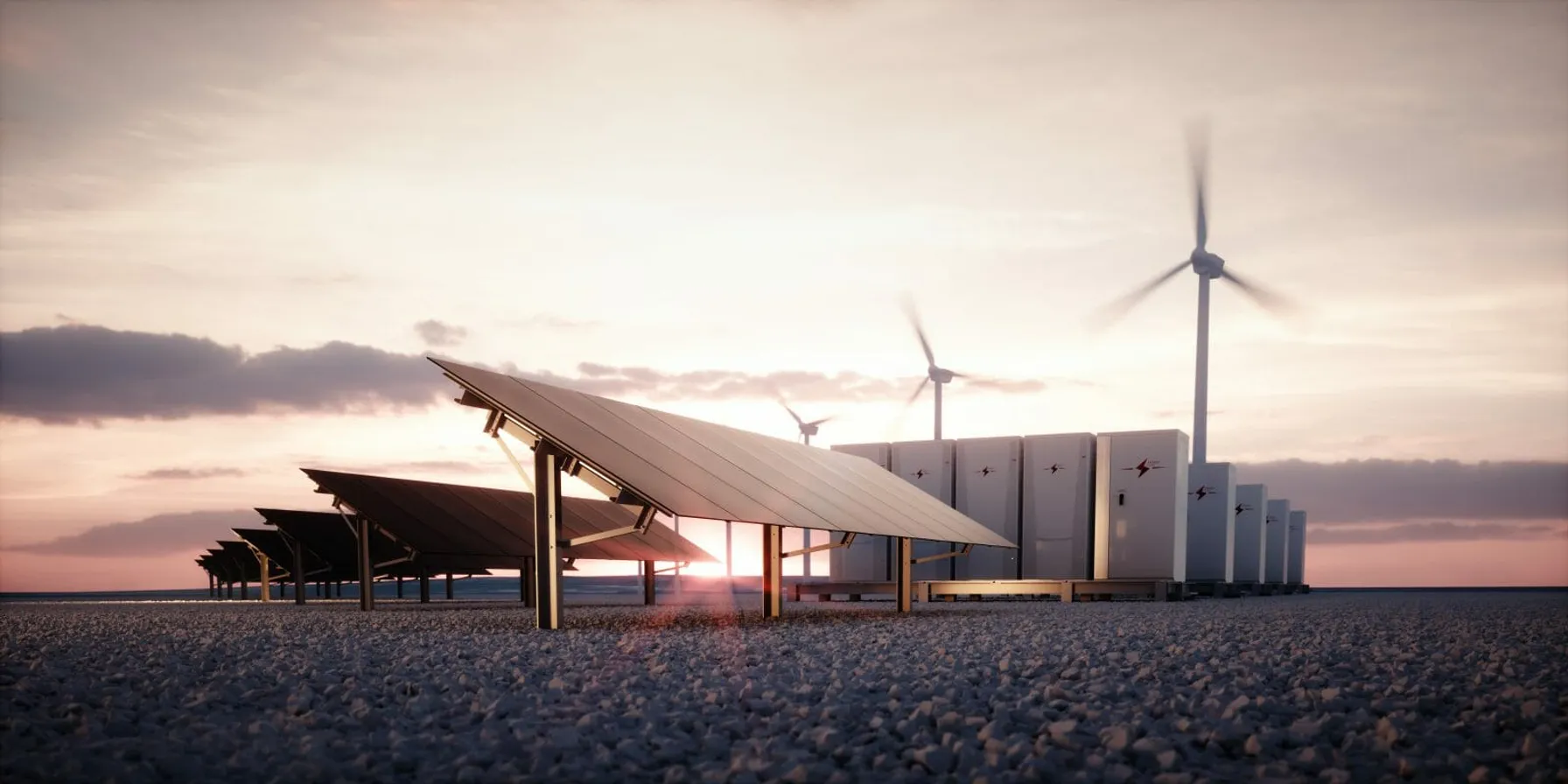
NERC Issues Battery Energy Storage Systems Reliability Guidance
April 22, 2021
While NERC has recently published a reliability guideline addressing inverter-based resources generally, they are now giving more attention to the various potential uses of BESS to support effective implementation with newly released guidance.

TRC Talks – Integrated Solutions for Renewable Energy
April 7, 2021
Close coordination when planning the electrical and civil design components of a renewable energy project is critical to development success. Working with a multi-disciplinary team can streamline approval processes and ensure optimum constructability.
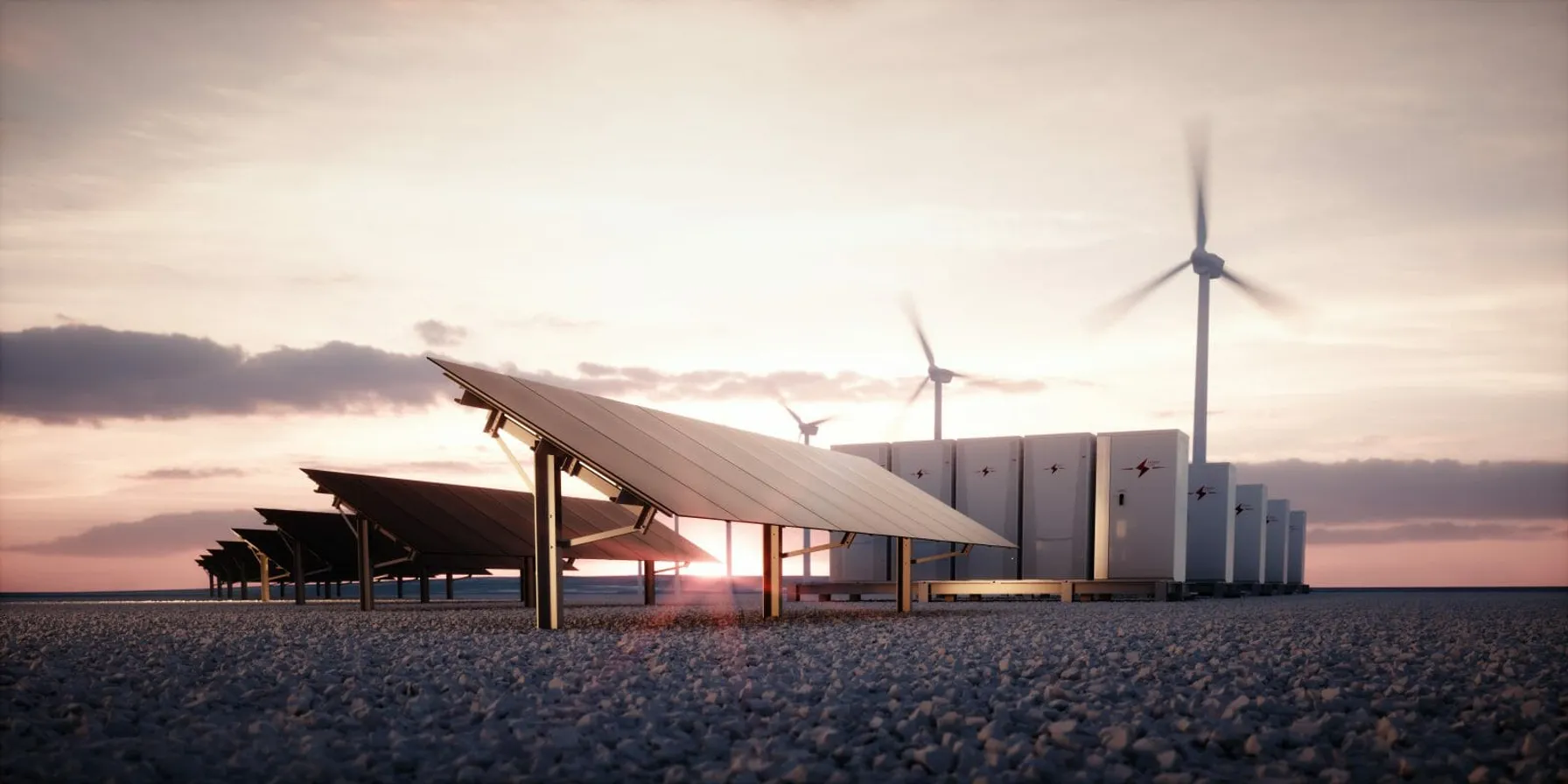
NERC Proposes Revision of Pending TPL-001-5.1 Standard
January 20, 2021
NERC has recently undertaken important standards and guidance development activities related to the proliferation of inverter-based technologies such as solar and wind generation, as well as battery energy storage which is growing as an industry solution to ensure the reliability of renewable power for end-use customers.
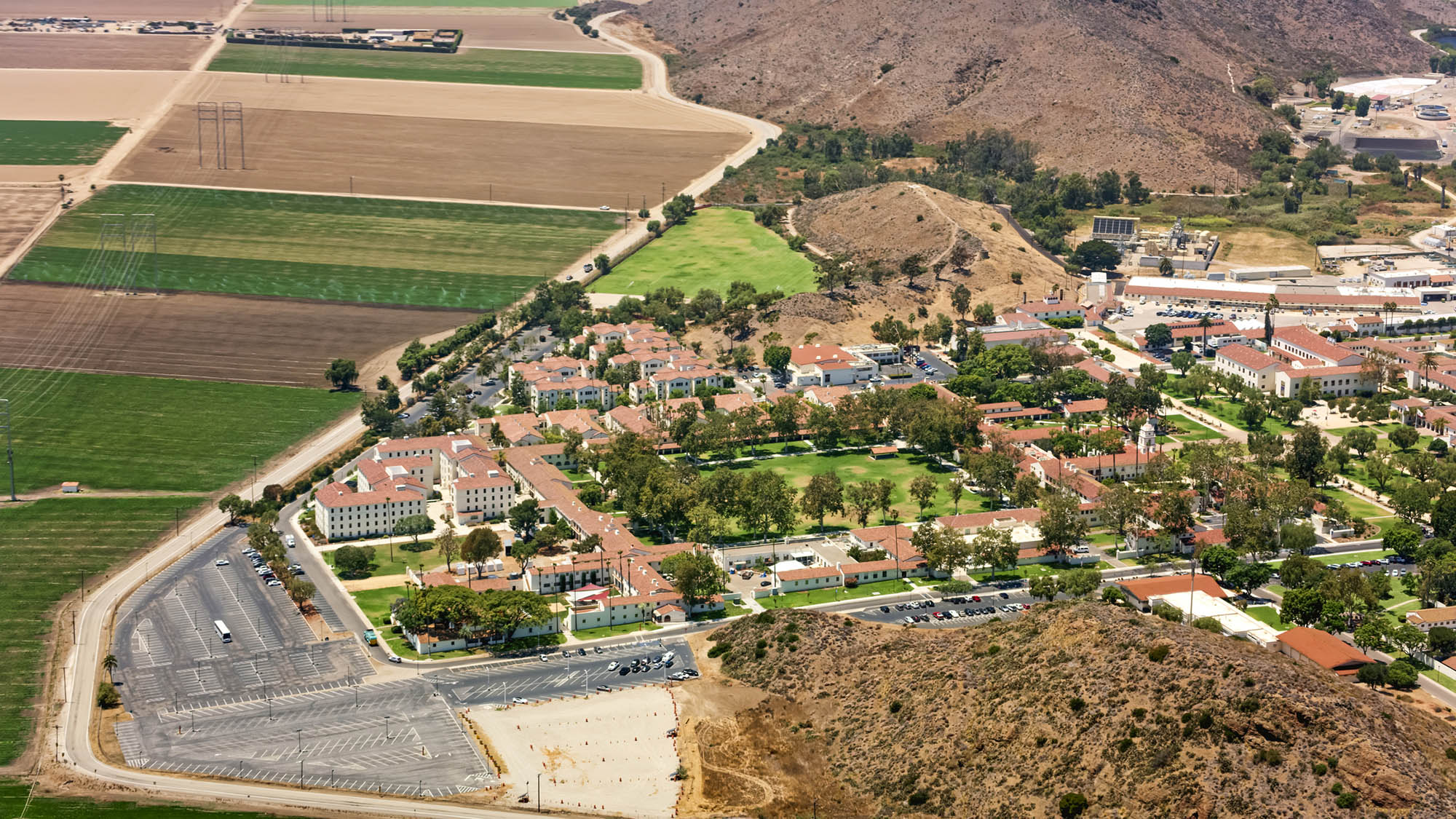
City of Camarillo, California approves moving forward with Hybrid Solar Microgrids at five critical community facilities
November 6, 2020
On October 28, the Camarillo City Council unanimously approved moving forward with the design of Hybrid Microgrids at five City facilities: City Hall, the Corporation Yard, Camarillo Public Library, Police Station, and Wastewater Treatment Plant. The microgrid at the Camarillo Public Library will be designed with solar+storage only, while the other four sites will employ a hybrid design of solar+storage+diesel.

TRC Digital partners with Dominion Energy to evolve its distributed energy resource strategy
September 22, 2020
Dominion Energy, one of the nation’s largest producers and transporters of energy, has partnered with TRC Digital to evaluate, implement and integrate technology to further the utility’s distributed energy goals. TRC Digital will facilitate Dominion Energy’s strategy development and technology execution, allowing Dominion Energy and its customers to accelerate the shift to distributed energy resources (DER) and net carbon reduction.

TRC Digital and Enbala can help utilities monitor, control and optimize distributed energy resources
April 17, 2020
Distributed energy resources (DERs) are changing the way utilities think about power generation and energy flow. TRC and Enbala can offer utilities a multi-layered solution that highlights the strengths of each company.

NERC to Modify Standard and Develop Compliance Guidance to Accommodate Inverter-Based Generation Technologies
February 20, 2019
Renewable energy systems have dramatically changed the power generation resource mix. These new generation technologies no longer involve directly coupled rotating generators which were once standard in the industry. Now, inverters that change Direct Current (DC) electricity to the Alternating Current (AC) electricity suitable for delivery via AC transmission systems are becoming more prevalent, raising reliability…

TRC’s 2018 Predictions: Infrastructure Initiatives Intensify, Grids Get Smarter and Renewables Remain All the Rage
December 13, 2017
LOWELL, Mass. – TRC Companies Inc., a leader in engineering, environmental consulting and construction-management services, today released its top predictions for 2018, which include federal and state governments pumping trillions into the nation’s aging infrastructure and utilities building smarter, more balanced grids.

NERC Identifies New Reliability Risk due to Utility Scale Solar Generation Inverter Design
June 13, 2017
NERC has released a report documenting its findings and recommendations related to reliability risks from utility scale solar generation projects with implications for PRC-024 compliance, as well as generation, interconnection and protection system technologies.
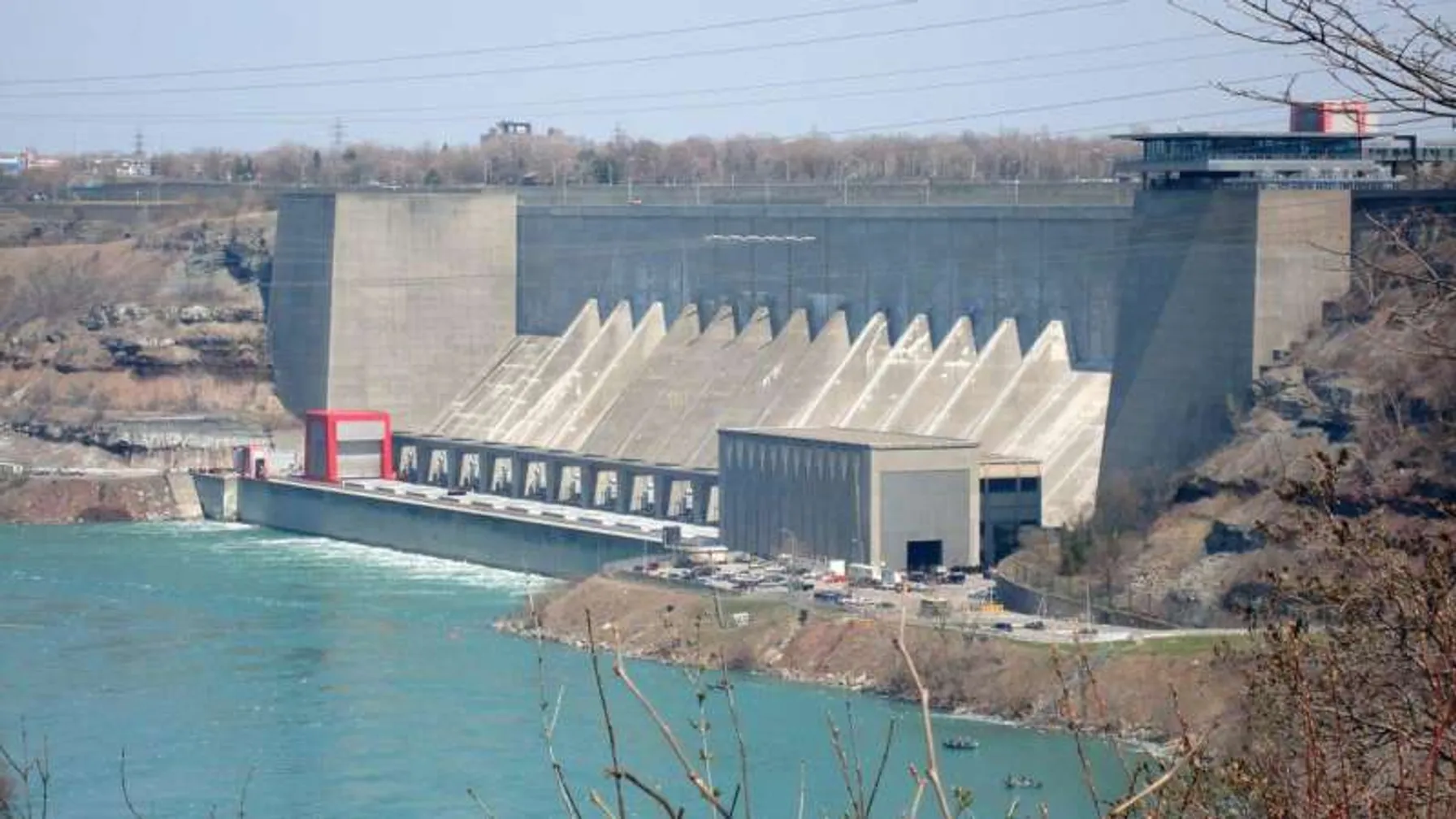
Seeking a new FERC license for your hydroelectric project? Here are the 2 key questions to ask.
March 22, 2017
Across the U.S., Department of Energy data show that some 2,200 hydroelectric projects produce more than 6 percent of all the electricity we consume, which amounts to more than one-third of all power generated in 2015 from renewable sources. Operations of many existing hydroelectric projects are governed by 30- to 50-year licenses issued by the…

Successful Interconnection of Utility Scale Solar Projects – Strategies to Stay on Schedule and on Budget
November 2, 2016
Growth in solar power creates challenges for both project proponents and utilities. TRC has reviewed hundreds of interconnection applications for utility partners, and we’ve learned important strategies for reducing the time and costs associated with interconnecting projects 1 megawatt or greater.
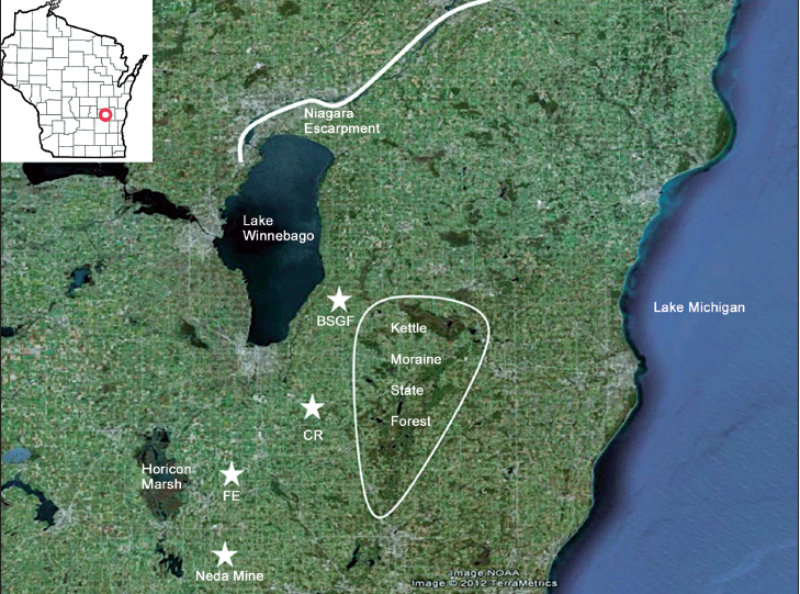
Regional analysis of wind turbine-caused bat mortality
July 30, 2015
Wind energy has been the fastest-growing renewable energy source in the world. Studies have estimated bat fatalities at wind facilities, but direct comparisons of results is difficult and can be misleading due to numerous differences in protocols and methods used. We had a unique opportunity to compare fatality estimates from three wind facilities in southeastern

David Sanchez
David Sánchez is a strategic leader with over 24 years of experience in the electric utility industry, specializing in power delivery such as maintenance, operations, power quality, distribution system planning, design, protection, system analysis, construction standards, asset management, reliability and joint use. He has a proven track record of implementing business strategies, enhancing organizational performance and ensuring adherence to mission, vision and values to drive growth and operational excellence. Currently, he serves as the Director of the Power System Studies Group, overseeing quality, financial and administrative operations, as well as staff performance and development. His expertise spans optimizing operational efficiencies, maximizing profitability across diverse industries and developing innovative business solutions focused on efficiency, scalability and customer satisfaction. You can reach David at DSanchez@TRCcompanies.com

Jherome Dias
Jherome Dias currently serves in the capacity of Supervisor within the Power Systems Studies Division here at TRC. With a decade of specialized expertise in areas such as Renewable Energy Assessments, Utility Operations & Maintenance, and Production Cost Modeling, Mr. Dias employs a unique blend of technical acumen and project management skills to develop model-driven evaluations of capital investment projects. He offers invaluable insights into the potential risks and impacts that future projects may have on forecasts for resource dispatch, electricity prices, transmission system congestion, and emissions. Mr. Dias’ ability to navigate complex regulatory landscapes and deliver holistic assessments makes him an invaluable resource to our clients seeking a thoughtful and thorough approach to energy planning.

Deepika Mothkuri
Deepika Mothkuri is a Supervisor of Power System Studies at TRC. She has 15+ years of experience in the electric utility industry with an expertise in power system planning, design and analysis and use of a variety of software tools. She has hands-on transmission and distribution planning and project engineering experience with both public and private sector clients including American Electric Power, El Paso Electric and NY- ISO. Deepika has an MS in Electrical Engineering from New Mexico State University and a B.Tech. in Electrical & Electronics Engineering from JNT University, India.

